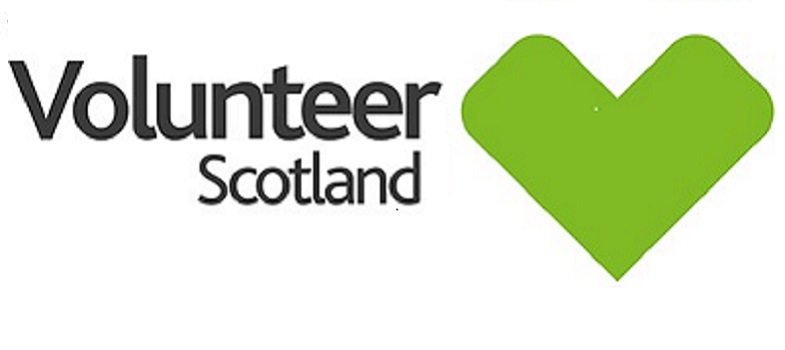5. What to do Next
5.1. Your "Duty of Care"
Volunteers want to know they are safe. Involving Volunteers emphasised this, our collective response to COVID-19 does not change the basic principles. It means paying attention to volunteers role within the group or organisation and promoting wellbeing. In that sense, your “duty of care” has not changed, but COVID-19 might change the things that you want to take care over. For example, a volunteer told us about his excitement at the conservation programme restarting, of getting back outside and doing environmental remediation work to enhance biodiversity in his area. However, he was concerned about refreshment breaks, while people worked on their own, they often had breaks together sharing food and drinks. He was not concerned about appropriate social distancing and removing bridges for transmission. Instead, he was concerned that because they would not be going ahead, some group members would miss out on invaluable social interactions.
Other volunteers may be concerned about their health and the health of others, including their ability to support volunteers and service users. For example, Royal Blind noted a lot of their staff who usually support volunteers are facing particularly challenging workloads as a result of COVID-19. It makes it challenging to carve out the time to support volunteers should they return. Sustrans are also concerned about how they protect volunteers, particularly older volunteers. Much of their work is outdoors, which has its benefits. However, it may involve working near other people, including people using routes, so they need to think about how to protect people using the routes for leisure and volunteer. For Sustrans, deciding on where activities took place now means considering whether there was enough space for everyone and that they can safely “socially distance”.
